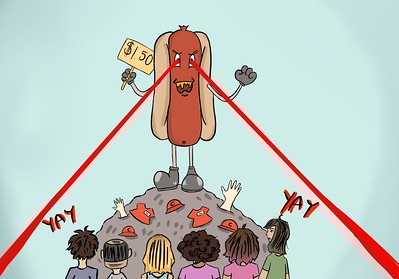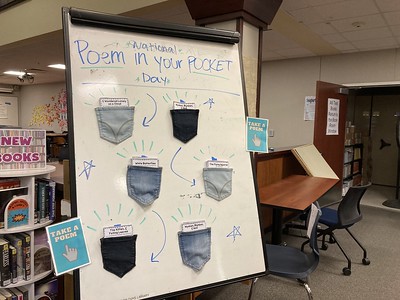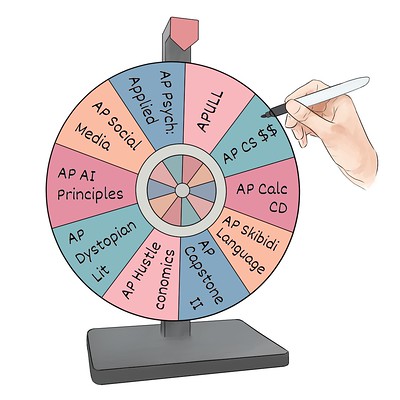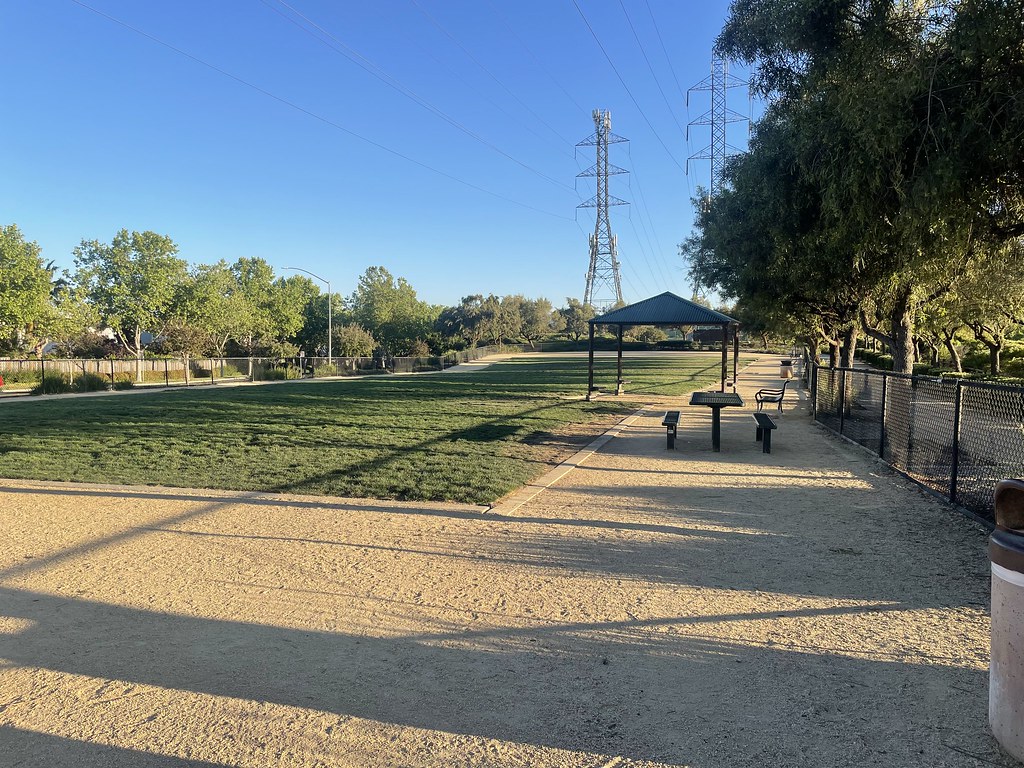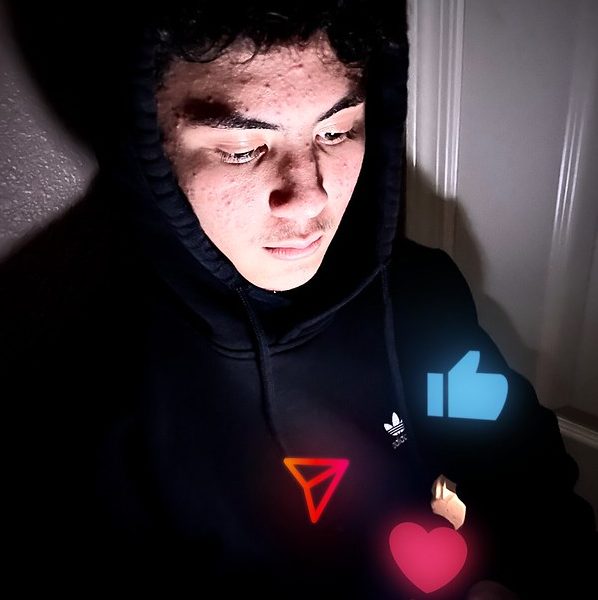
One hour a day. Seven hours a week. Twenty-eight hours a month. Three hundred thirty-six hours a year. That is 14 days straight taken out of a year of your life that you spent scrolling through stuff that you forgot in the hour after watching it. That’s only assuming if you’re limiting yourself to just one hour a day, which let us be honest, you are not.
I want you to think about the time you went to sleep last night; and when I say sleep I mean it. Laying on your bed in the dark and scrolling away on your phone, is not sleeping. If you’re sleeping past 11 p.m., you either had an enormous workload, were booked with extracurriculars or you lost your perception of time when you were scrolling through whatever app you use. Let’s be realistic, out of all of the three possible reasons listed, it was most likely the third.
Many students I have asked have stated that they consume short-form content, yet when I asked them why they consume it, almost all of them struggled to find an answer. For the people who told me why, they described a multitude of factors; it ranges from the need to “wind down”, to burn a couple of minutes or just to fulfill their brain’s dopamine cravings. However, the main trend we can take away from this is that people just feel compelled to scroll regardless of the situation they are in. There isn’t a clear reason for it, and people often find themselves inevitably going back to it.
Now let’s talk more about the logistics of these platforms. On practically all of these short-form content platforms, a “For You” page or recommendation algorithm exists that slightly varies between the platforms, but the general purpose is the same. These algorithms make sure that the content that goes into your page is only the content that you are interested in. In this study conducted by Brown University’s School of Public Health, there are numerous references to these platforms’ “For You” pages and how they are directly correlated to the time you spend consuming this content. I mean, if you just think about it, you’re obviously going to spend more time and pay more attention to things you’re interested in, rather than a mix of stuff that you like and don’t like. The systems are smart, yet cruel because they’re designed to squeeze as much time you can waste out of you.
Although, I can see how you advocate for your consumption of short-form content. The largest pro of short-form content is its convenience, and you can see creators on these platforms taking advantage of this for the greater good. You can often stumble across creators on these platforms teaching a concept, showing a recipe or giving advice in these 60-second-long videos, and I can see how you argue that those are beneficial to the time that you spend on short-form content.
However, the way the human brain works suggests otherwise. When you watch that guy doing that SAT math problem, do you pick up the stuff he’s teaching, or would it be better to actually do the problem yourself? When you watch that other guy cook up lunch in 30 seconds, are you actually going to use the recipe, or are you just going to gaze at the food he makes? After answering those questions, I think most of you can pick up what’s going on. By watching this “productive” content, you’re just tricking your brain into thinking that you’re spending your time on useful things. In reality, you’re just watching somebody else doing something completely random in a few seconds with an abundance of editing.
Even so, there are more problems with this type of content outside of the algorithms and fake dopamine. The main point of social media platforms in general is for you to share whatever you’re doing. However, because of how humans socially operate, we’re not going to post the bad things and lows of our lives, because we don’t want people to see that. When you’re scrolling through short-form content, you’re exposing yourself to the highlights of people’s lives, while you’re seeing it all through a screen. This can be mentally damaging when you’re alone at midnight, and you’re watching hundreds of videos of a bunch of different people doing a variety of different fun things.
Lastly, I want to talk about the most discussed effect of short-form content, which is attention span. If you were to watch 10 videos of short-form content, and you could tell me remotely what the last two you just watched were about, I’d be surprised. Throughout this year at this school, I’ve been hearing more and more people self-diagnosing themselves with ADHD, ADD, or sometimes even ASD just because of their attention span. Do they even realize what these disorders mean, and what their effects are outside of a shorter attention span? I mean I’m not trying to call anybody out, but nine times out of 10 I know these people consume short-form content because they either send it to me, or I see them watching it during classes.
In the end, I have no medical cure for your ruined attention span, memory or even relationships. Assuming you’ve made it to the end of this article without Subway Surfers gameplay in the background is already a step in the right direction. Ditch the reels, spotlights and shorts, but most importantly, please keep all of it away from the youth. Watch a documentary, read a book, talk to your family, go on a walk or just do anything that requires more than 30 seconds of your attention. I guarantee you, you would much rather spend your 14 days a year doing any of those instead of scrolling away in the dark.

